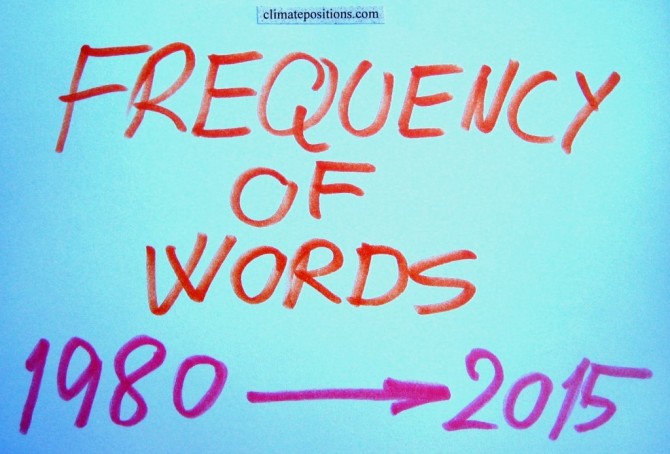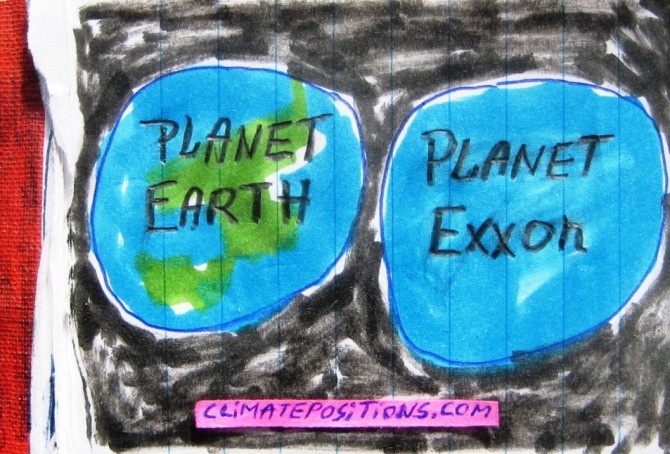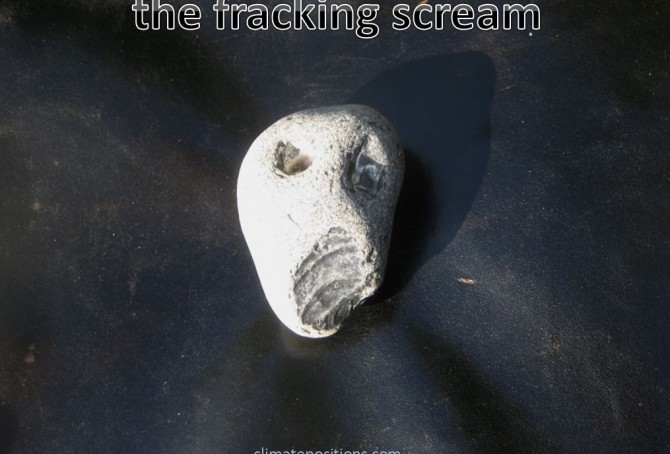Historic use of phrases such as Climate Change, Biodiversity, Renewable Energy, Fracking, etc. (Google Books Ngram Viewer)
2015
‘Ngram Viewer’ is a Google search service showing graphs of historic use of words and phrases in books published in the United States (until 2008). The diagram below shows the trend of the phrases: Climate Change, Biodiversity, Global Warming, Deforestation, Renewable Energy, Greenhouse Effect, Invasive Species and Fracking. The corpus search is in “English” (case-insensitive), between 1980 and 2008. Read the comments below the diagram.
ExxonMobil: The Outlook for Energy 2015 … 2040 (Planet Exxon!?)
2015
‘Exxon Mobil Corporation’ from Texas, the United States is, quote: “committed to being the world’s premier petroleum and petrochemical company.” However, based on estimates of the potential carbon dioxide emissions from the proven reserves of oil and gas underground, ExxonMobil is only the 4th largest company in the world after Gazprom, Rosneft (both Russia) and PetroChina (read this ‘article’).
Since the United Nations has decided to keep the rise in global temperature below 2°C and consequently only between 8% and 34% of the proven fossil fuel reserves can be extracted and burned over the next 40 years. A recent ‘study in Nature‘ suggest that, globally, 33% of oil reserves, 50% of gas reserves and over 80% of current coal reserves should remain unused from 2010 to 2050 in order to meet the target of 2°C (also read the article ‘Divestment from Fossil Fuel Companies’). It will be interesting to see how companies such as ExxonMobil meet this moral challenge. The following highlight some forecasts from ExxonMobil’s ‘Outlook for energy 2015: A View to 2040’ (76 pages).
The fracking scream
2014
The production of natural gas due to the use of fracking (hydraulic fracturing) – called shale gas – has increased dramatically in the United States1 and Canada in recent years. Many more countries have tempting fracking-potential2. But how does fracking affect environment, global CO2 Emissions and climate change?


